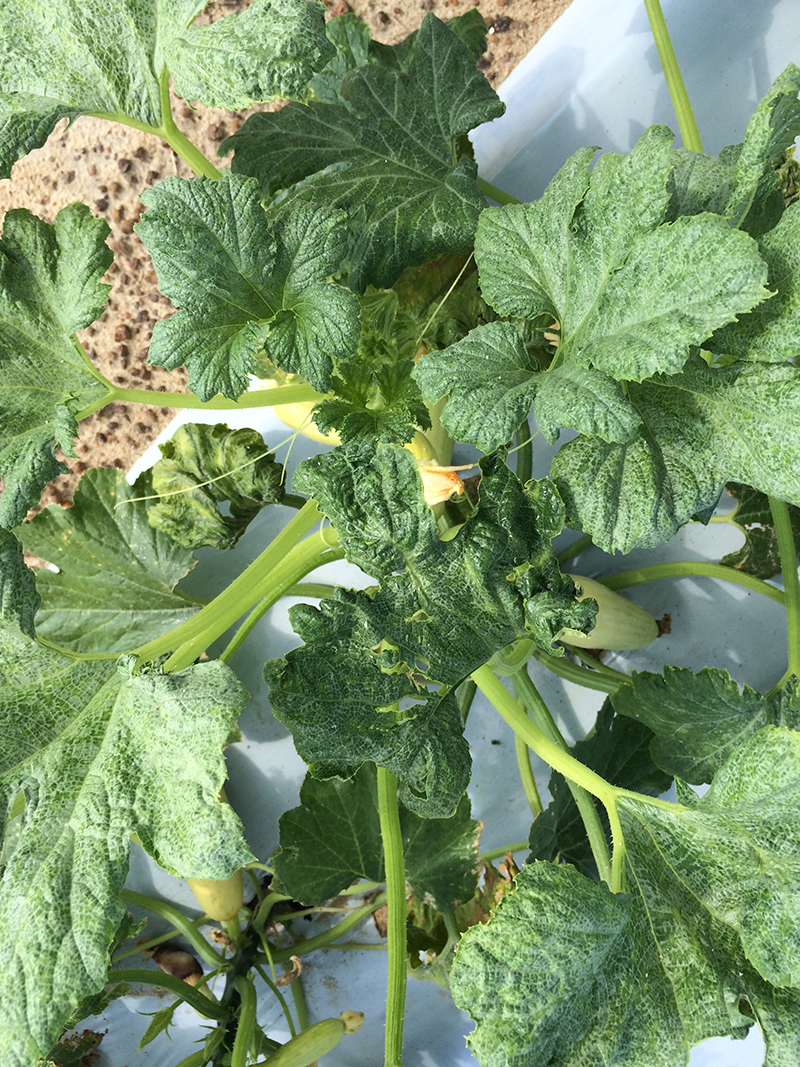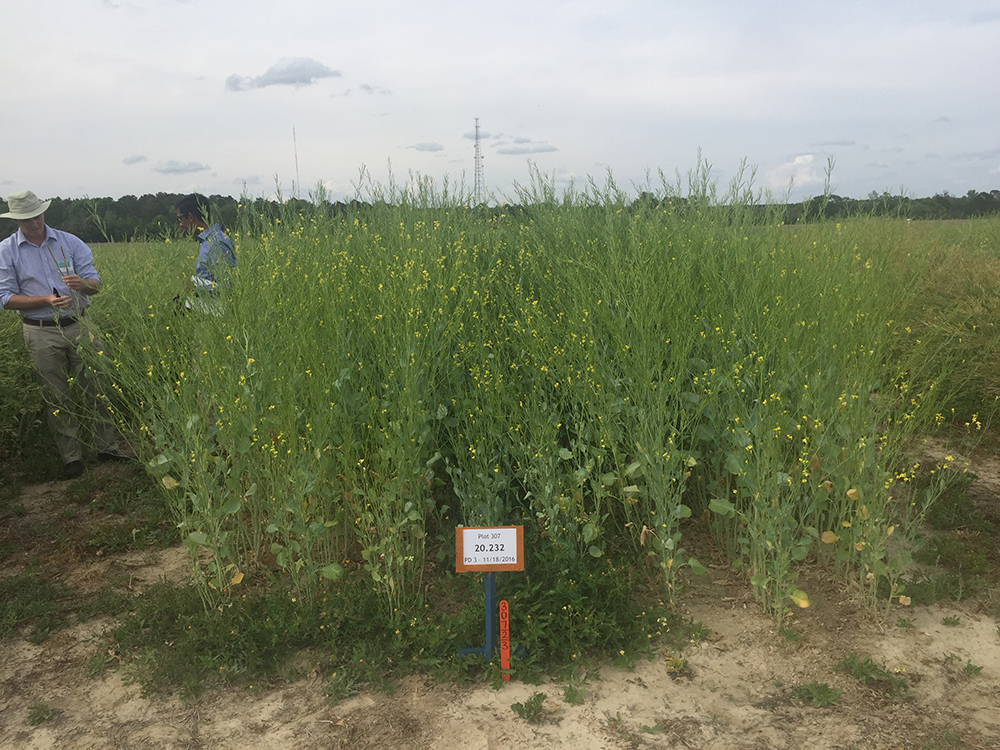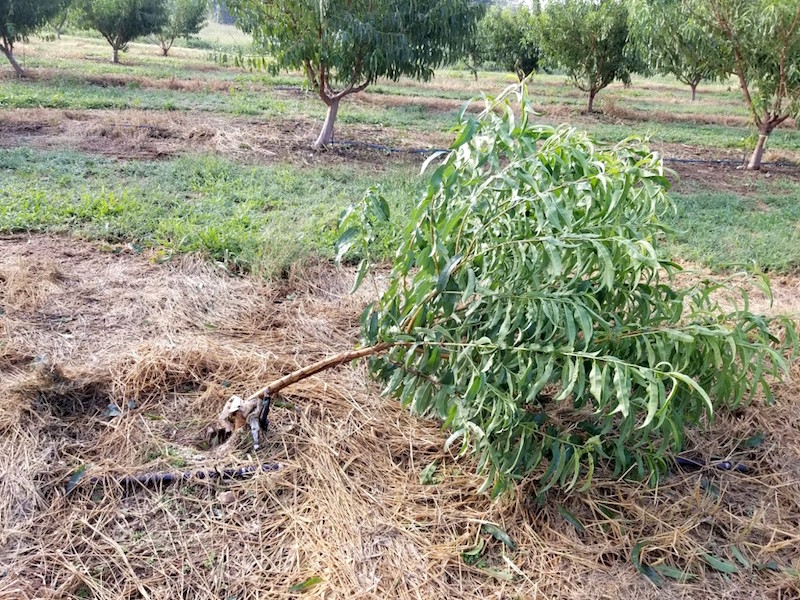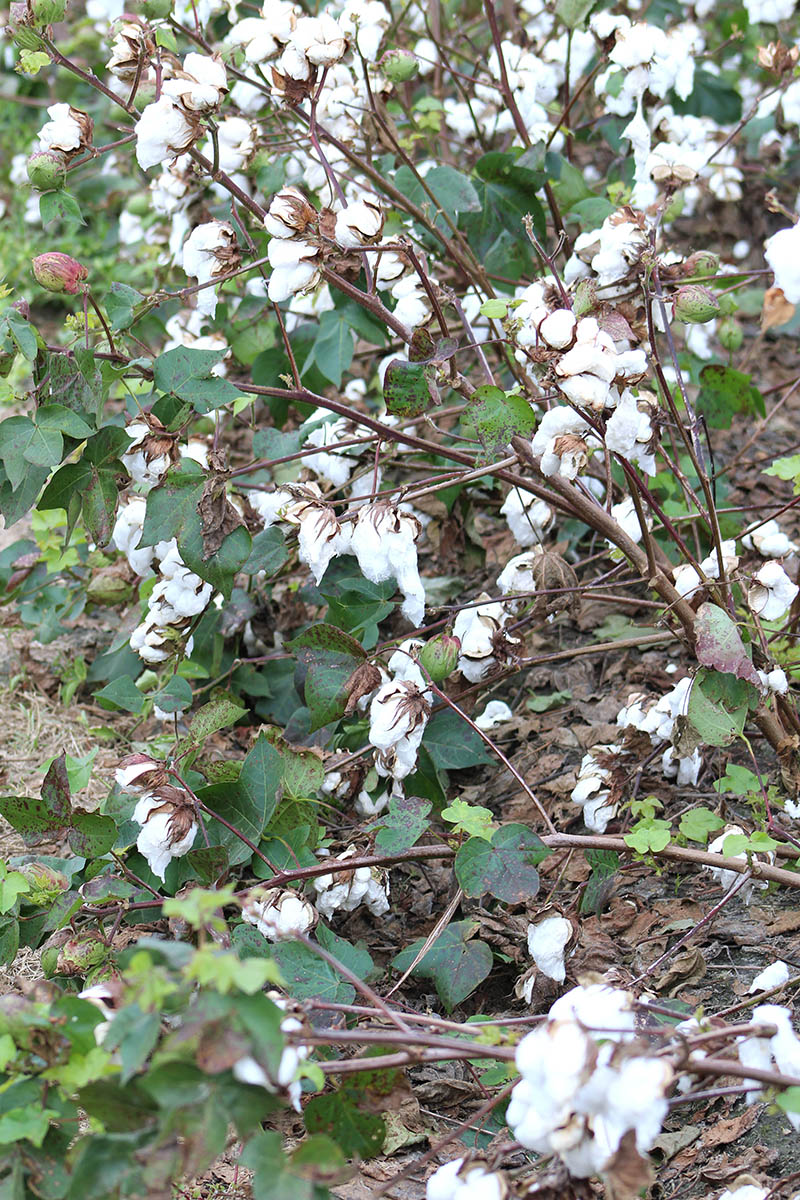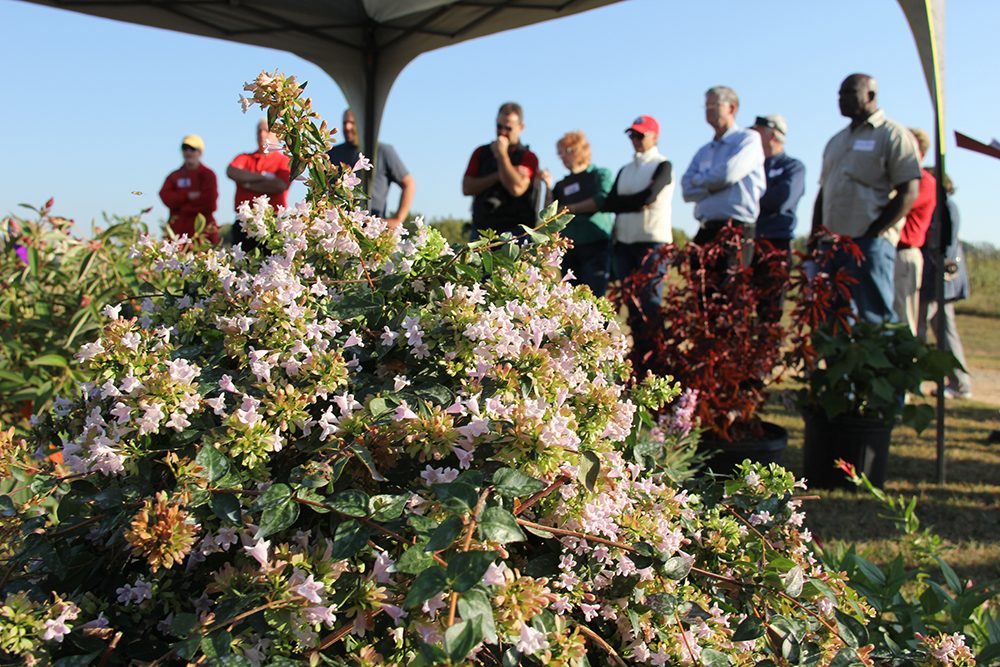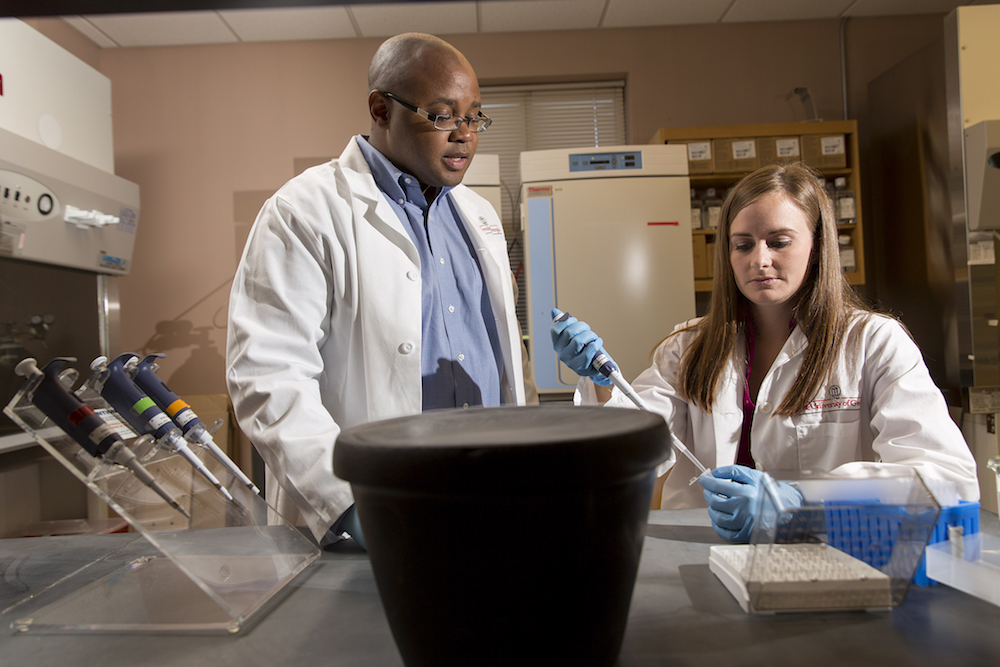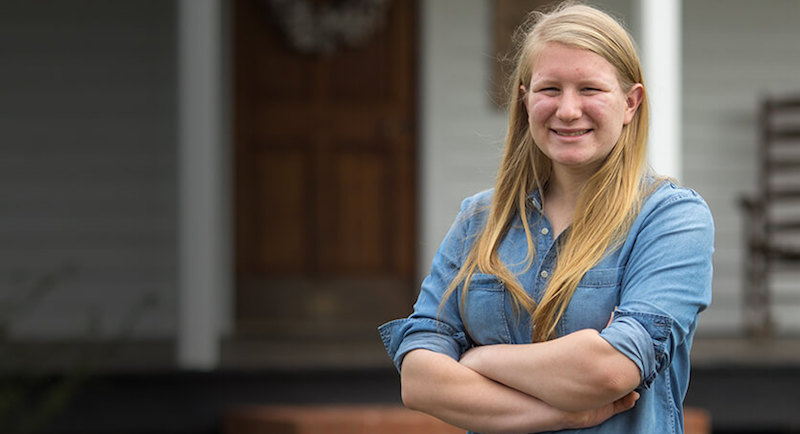 CAES News
CAES News
4-H Week
Six million students across America participate in 4-H and, of those, more than 170,000 call Georgia home. To raise awareness of the state’s largest youth development organization, the week of Oct. 1-7 has been declared National 4-H Week.


